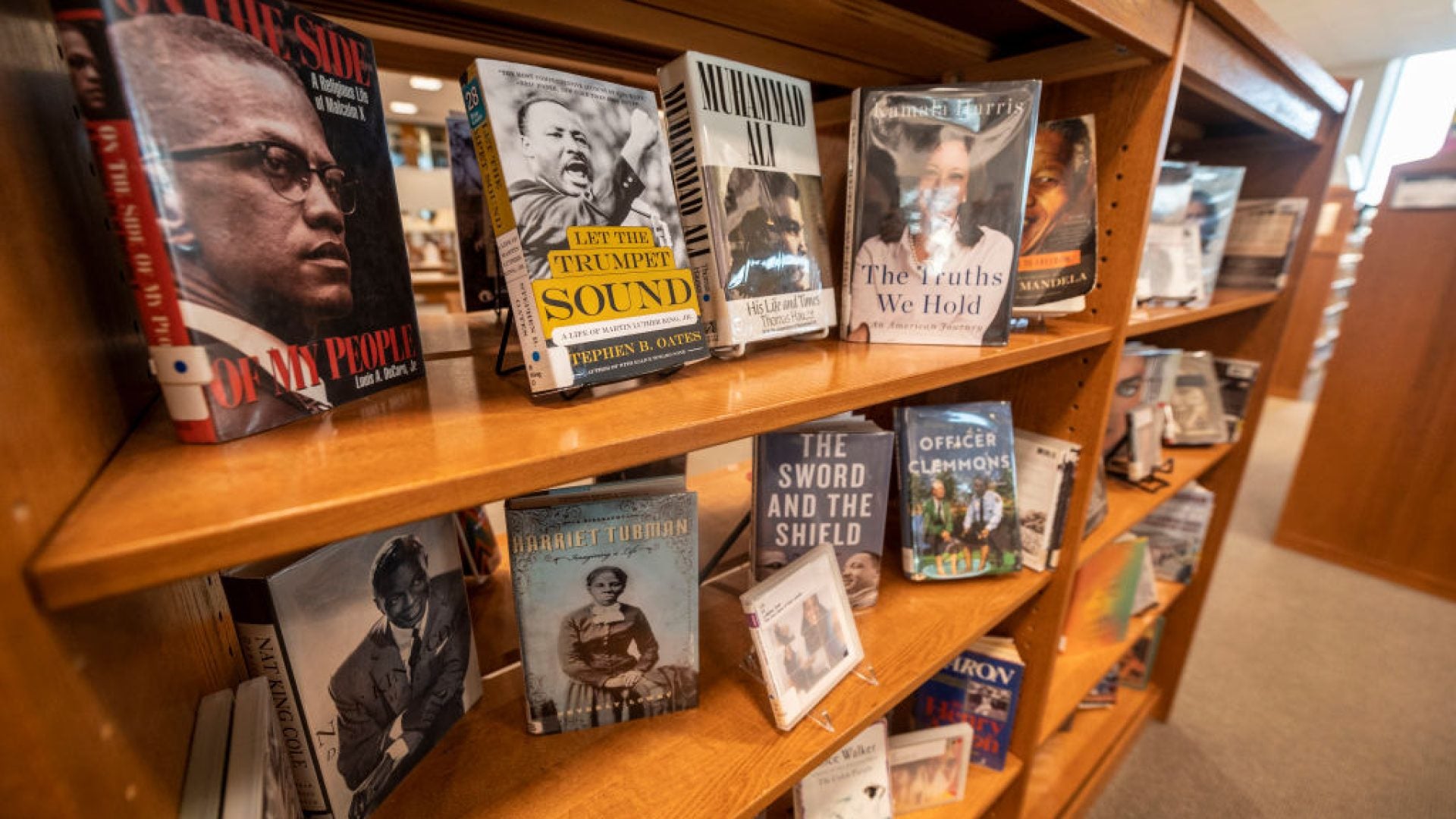

On the first day of Black History Month, the College Board unveiled the official curriculum for its new Advanced Placement course in African American Studies.
The course was first announced in August, but David Coleman, the College Board’s president, said that the board chose the final framework based on feedback from educators and students, as well as principles that have guided and served as the ultimate foundation of AP courses.
Along with teachers and students, the board worked with 300 professors of African American Studies from more than 200 colleges nationwide, including dozens of historically Black colleges. College Board CEO David Coleman described the course as an “unflinching encounter with the facts and evidence of African American history and culture.”
The release of the revised curriculum comes just weeks after course was thrust into the national spotlight after Florida rejected it. The state’s Department of Education blocked the course in January arguing in a letter that the curriculum “is inexplicably contrary to Florida law” and “significantly lacks educational value.”
Topics such as Black Lives Matter, slavery reparations, and queer theory will not be taught under the official framework, which was made public on Wednesday. They will only be on a list of topics that states and school districts can recommend to students for end-of-the-year projects.
The course’s rejection in Florida has sparked a new political debate about how schools teach about race. Some charged the College Board with watering down the course and caving in to political pressure, as some subjects were left out of the curriculum. Coleman pushed back.
“At the College Board we don’t look to the statements of political leaders in deciding what’s in or out of a course, we look to the record of history,” he tells ESSENCE.
The course is currently being tested at 60 schools across the United States, and the official framework is meant to serve as a roadmap for its eventual expansion to hundreds more high schools throughout the upcoming academic year.
The AP African American Studies course covers 102 topics divided into four units: origins of the African diaspora; freedom, enslavement, and resistance; the practice of freedom; and movements and debates. The College Board says it has been taking feedback from teachers of the pilot classes, as the draft curriculum has been revised several times over the last year.
Brandi Waters, College Board Director of AP African American Studies, designed the course, which she says will explore a variety of fields such as the arts, science, history, politics, and current events to provide students with a deeper understanding.
“This is a class that really represents the breadth and diversity of African American experiences, and it really showcases not only a narrow focus on African American communities in the US, but also a broader lens that connects them to the Global Diaspora,” Waters says.
“To be clear no one is excluded,” Coleman added. “The Black artists and inventors whose achievements have come to light; the Black women and men, including gay Americans, who played pivotal roles in the Civil Rights Movements; and people of faith from all backgrounds who contributed to the antislavery and Civil Rights causes. Everyone is seen,” he said.
The course is expected to be available to all schools in the 2024-25 school year.




